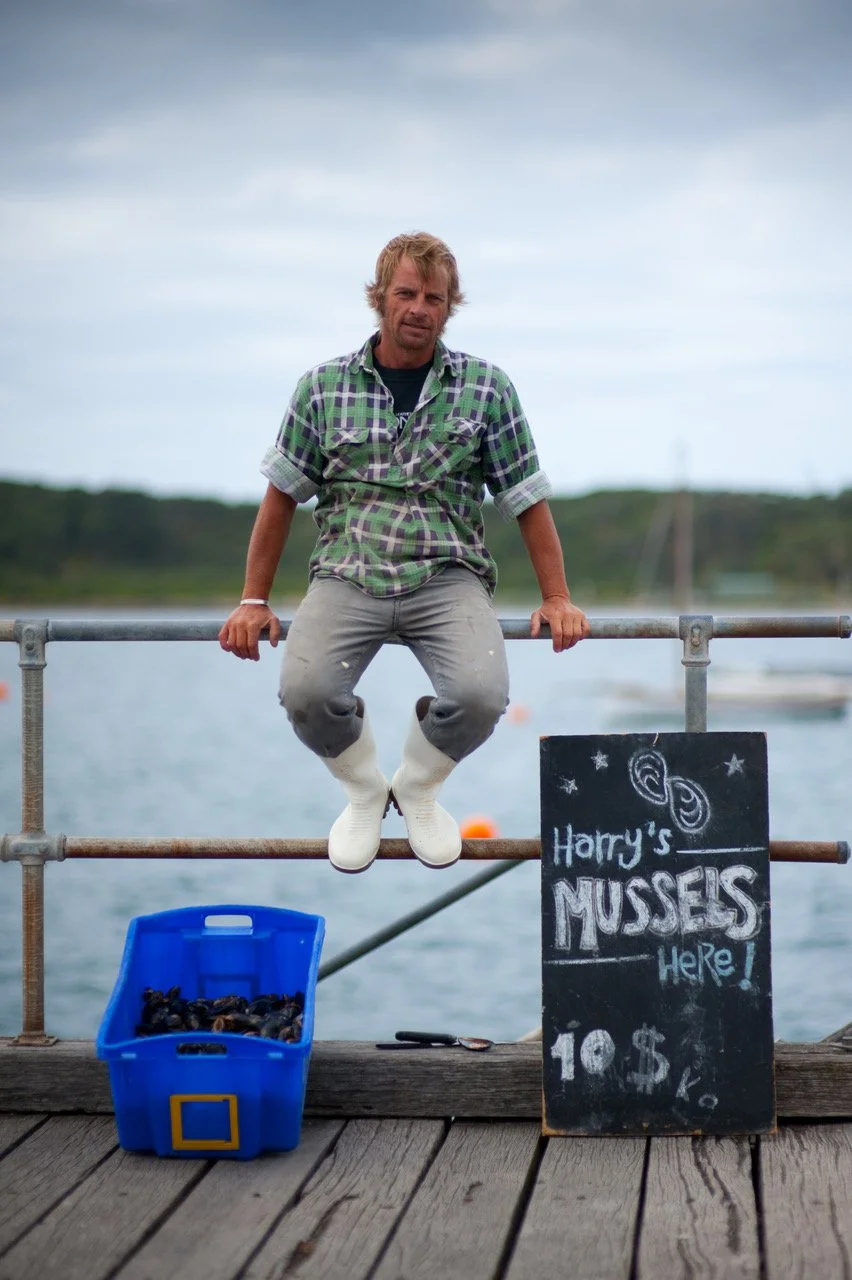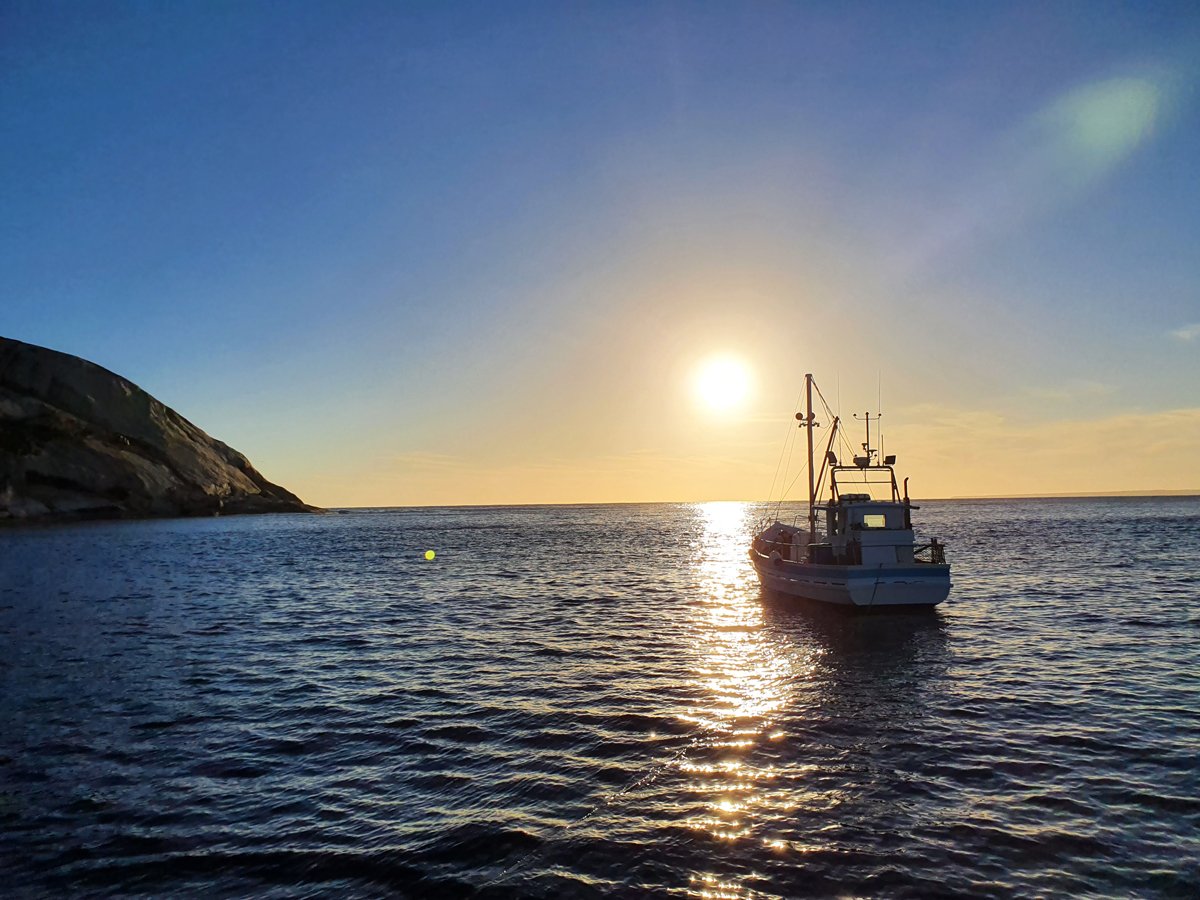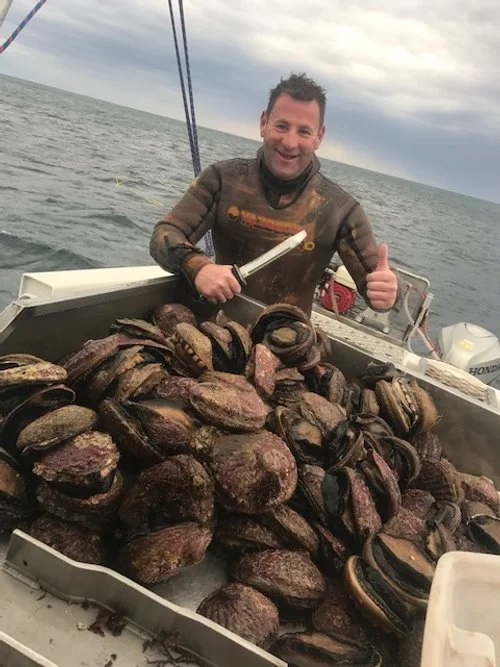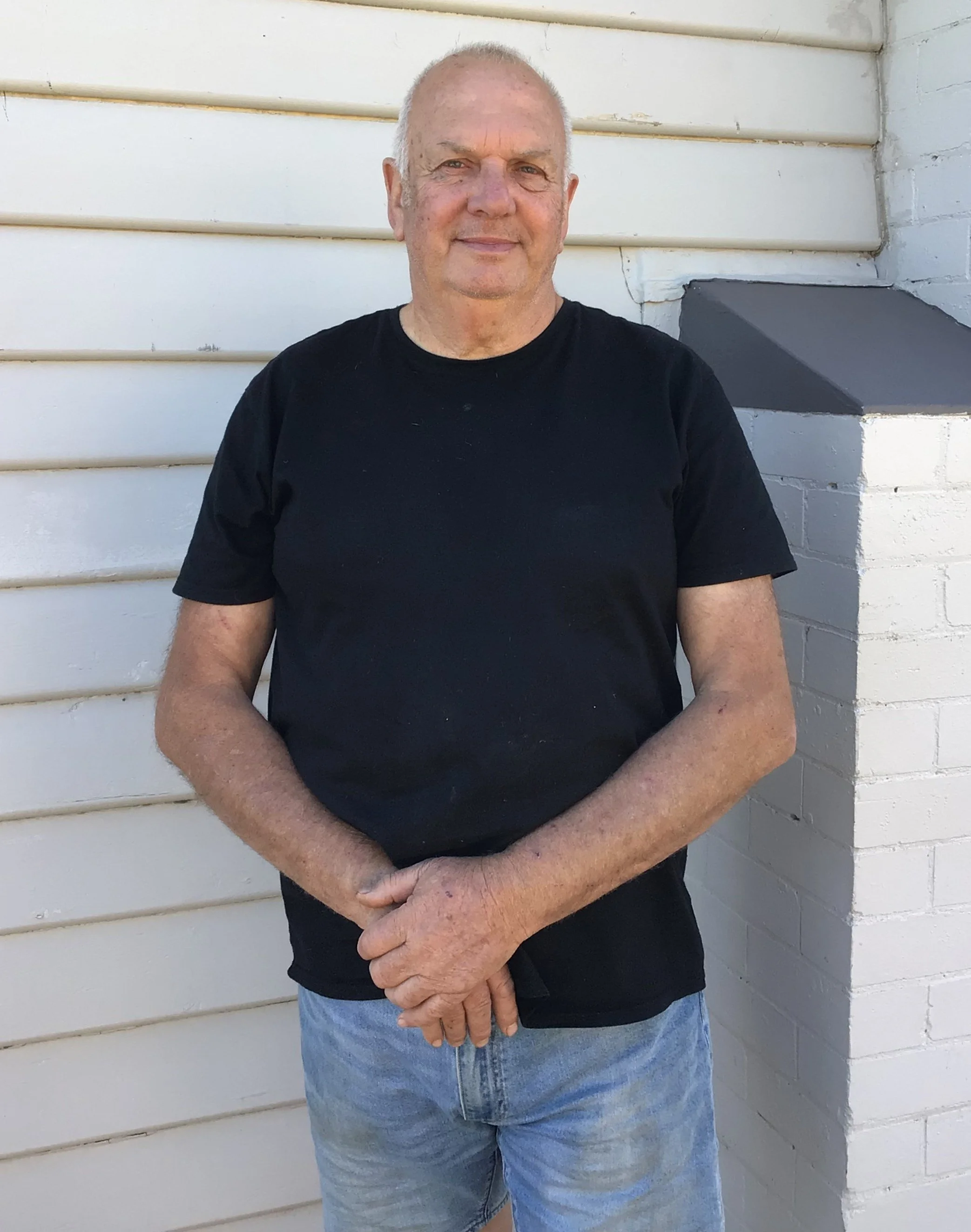Meet The Fishers
The majority of Victorian seafood businesses are run by small multi-generational families.
Below are some of the stories of our incredible fishers. And our short film, Heart and Soul, tells the story of some of our fishing families.
Melbourne is one of the world’s great food cities with a broad and deep dining culture from fast and cheap street food to fine dining establishments. It is also a city that, more and more, is celebrating the rich and diverse resource of fresh seafood that is caught in the waters off our coast and raised in inland aquaculture facilities. Our top chefs understand the huge difference in quality that fresh, local seafood offers and make a point of using it to star on their menus. They often buy directly from Victorian fishers but also use retail outlets located around the metro area and peninsulas. Here’s a quick list of go to Vic seafood dishes and Vic seafood retailers.
The West Coast of Victoria boasts some of the best fishing in the country with three commercial fisheries based along the shores. Fresh seafood from southern rock lobsters to abalone to gummy shark and calamari is caught off the coast of the fishing ports of Apollo Bay, Warrnambool, Port Fairy and Portland. With the opportunity to dine on delicious local seafood and buy Victorian seafood direct from the boat, from fishermen’s co-ops and from fish processors a seafood trip along the Great Ocean Road is one to put on the list.
The busy fishing port of Lakes Entrance is home to a fleet of small to medium fishing boats that work the waters just off the coast and further offshore around Bass Strait. A colourful array of boats anchor in the sheltered harbour in the heart of this East Gippsland seaside village and bring in a large selection of seafood harvested from the cool, clean waters. While a lot of the catch is sent to markets in Melbourne and Sydney, a good portion stays in the region supplying local restaurants making this one of the best places in Victoria to dine on fresh, straight-from-the-boat, local seafood.
The Elusive II lobster boat cuts a white swathe through the steely grey waters off Warrnambool in Victoria’s West. Fifty-five-year-old Garry Ryan powers down the boat and sidles her next to the breakwater. Onboard is deckhand Ryan Bell and their catch of just over 100 southern rock lobsters.
It’s five o’clock in the morning. The streets are dark and quiet. But in a large white building in West Melbourne, there is the daily theatre of commerce that is the Melbourne Seafood Centre. This is Victoria’s central wholesale seafood hub where fish from all the fisheries around the state are bought together with fish from across the nation to be sold to retailers and distributors.
Based in Sale, Gippsland, Lachlan McKinnon has transformed from a fisheries scientist investigating and researching different aspects of fish biology and fisheries ecology into a first generation eel fisher. Born and bred in Melbourne, Victoria, Lachlan spent many school summer holidays hanging around the fishing boats at Queenscliff and Apollo Bay, scoring the odd day trip out to work cray pots and troll for couta. ‘I loved the idea of being able to catch and supply such fantastic food in Victoria, supplied by mother nature’.
Luke Anedda pulls his boat onto the boat ramp at Port Welshpool. He has been out on the waters at Corner Inlet neat Wilsons Promontory since before dawn. Here the waters are shallow, comprised of five channels and seagrass meadows. Luke is just one of 18 commercial fishers working Corner Inlet. The fish from here, such as King George whiting, rock flathead, and garfish are considered some of the best in the nation and favoured by world renowned chefs such as Neil Perry and Ben Shewry.
George Brocklesby is fixing his boat. The ever-smiling San Remo lobster fisher closes a hatch in the cabin of his fast purpose-built boat Hanna Ann G. “You have to be a jack of all trades in this business,” says George. “You are always repairing pots or splicing rope,” he says.
The Victorian fishing industry is committed to ecological sustainability and sharing of marine resources amongst all stakeholders. This not only protects the ecosystems fishers rely on but also ensures that professional fishers can continue to supply fresh, high-quality Victorian seafood to Victorian consumers in the long term.
When Dayle Pranskunas was a three-year-old girl she watched her mother head off to sea to work on a scallop boat. “I just wanted to be like her,” says Dayle. “It seemed like the most adventurous way of making a living.” When Dayle was 20 she landed a job as a deckhand on a scallop boat working out of Port Welshpool in South Gippsland. “It was brilliant.
Portarlington mussel grower Lance Whiffen farms mussels at the southern end of Port Phillip Bay. The former scallop fisher spends his days tending to the mussels growing on woven nylon ropes suspended in the cool, clean water and is showing us around his farm just off the coast of Portarlington.
Craig Fox is a man on a mission – to ensure the long-term sustainability of the wild-catch abalone fishery in Victoria for his fellow fishers, and for his daughters Bree and Zara. ‘I am passionate about a long term sustainable wild-catch abalone industry and a secure future for both my daughters. Responsible fishing is critical to ensuring that we have an industry for many years to come’.
Mike Houghton and Ric De Vries seaweed harvesting journey began in 1999 with the first discovery of an introduced Japanese seaweed “Wakame” in Port Phillip Bay. Soon after, Mike applied for and was successful in attaining a permit to commercially harvest Wakame from Victorian coastal waters.
Lobsters were regarded as "poor man's food," and there was no established market for the crustacean until they were canned and sent to feed the troops during World War Two. The American troops developed a taste for our lobster, and an export market into America began after the war ended and the fishery boomed. The lobsters were caught by fishermen from local Co-ops, and the lobster tail meat was sent to be canned by seafood processing companies for export.













